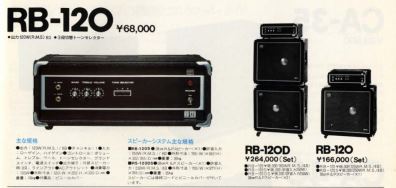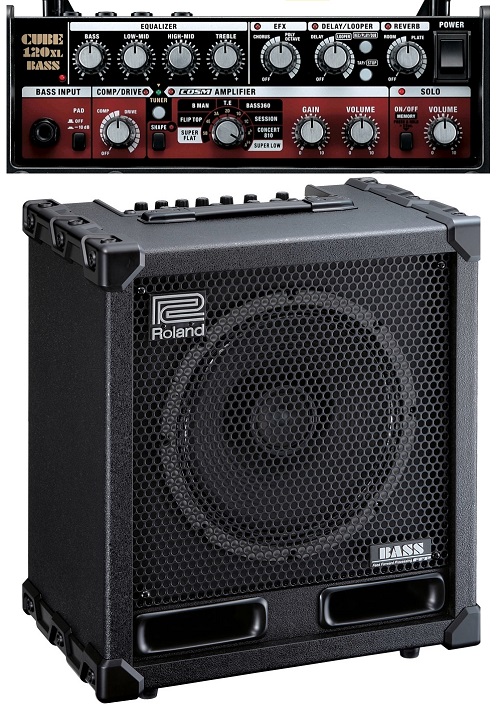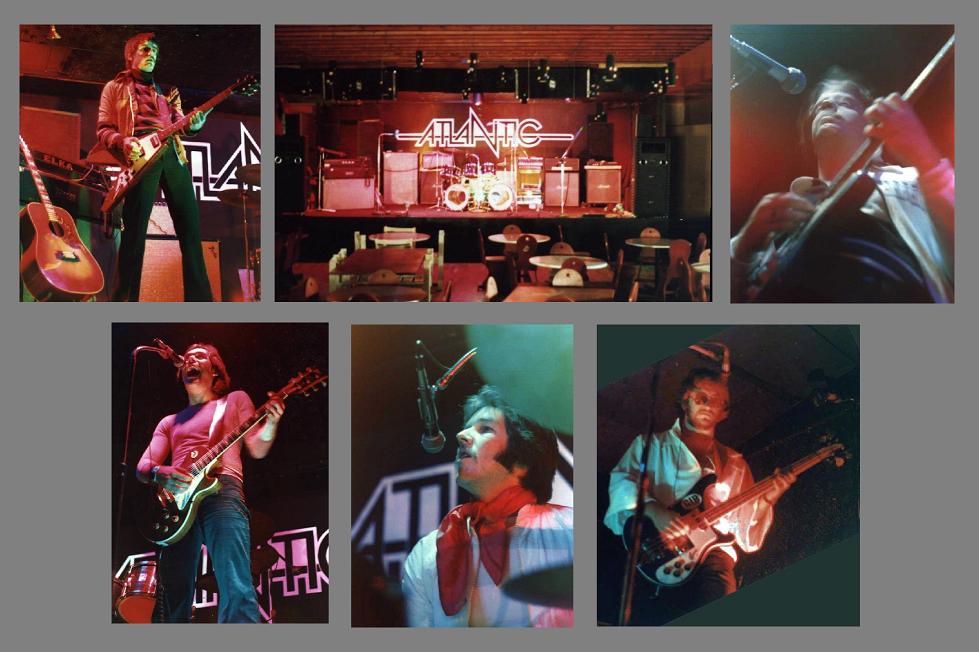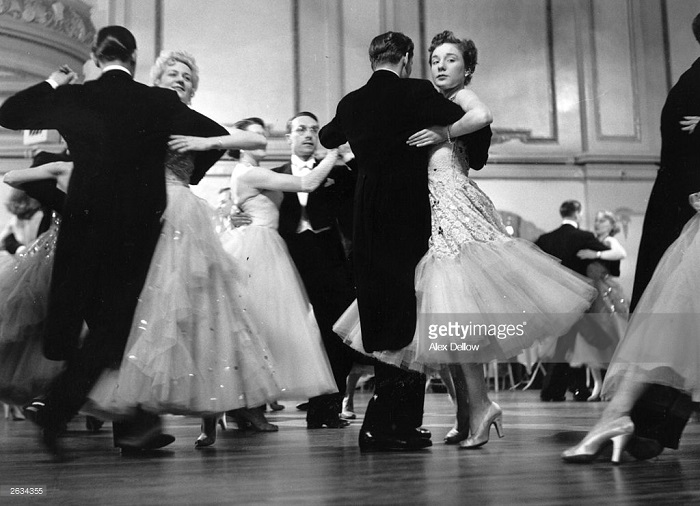All the way from past Down Under (i.e. New Zealand), Reader Tony H. writes:
Was reading your post about the travails of the guitar industry.
I bet if you looked at the way the piano industry “evolved” from a time in the 50s & 60s where every second house in my street had a piano you’d see some interesting comparisons. As a kid we’d go up and down the street to people’s houses, go inside and they would play Christmas carols and we’d sing along. No parents along for the ride, mind you.
How many actual pianos do you reckon got sold world wide last year? Thousands? Tens of thousands? So if you were one of those British or German piano makers you were on a hiding to nowhere.
Part of the problem is longevity. Once you get up to pro level gear, it basically doesn’t wear out.
I’ve got a 30 year old Fender Strat. Played 100s of shows with it. I use a 1970s Fender amp. OK, I’m a semi pro person, so I bought myself a Gibson Les Paul 12 years ago. I’ve got two 80’s Marshall amps that I use for practice and social playing.
None of this gear is ever going to wear out to a point where repair is not an economic proposition. So unless I break something or it gets stolen, me as a daily user of my equipment represent zero revenue to any of these suppliers.
OK, yes, I go through strings at a rate, but that’s like buying petrol for your car.
If I did write off one of my guitars, in truth I’m much more likely to buy a vintage example than a new one – not even a price decision.
So how are Fender or Gibson ever going to get any money out of me? Self tuning guitar? Nah. Hi tech like Line 6 with built in effects etc? Nah, I like the sound of my old analogue tubes and nicely aged bits of wood.
Clearly I’m not alone, the largest sector in the Gibson catalogue is “reissues”.
Both Gibson and Fender have gone down market to chase volume. There are Epiphones and Squier guitars at every price point.
As a person that really gets their brand proposition, actively uses their products and is in the fortunate position of being able to pony up a few thousand on a new instrument if I wanted to, they have got zero dollars off me in the last ten years and are highly unlikely to get anything off me in the next 10 years either.
OK, maybe a modern amp as lugging around a 100 watt head and a 4 X 12 quad box is starting to tell, and these days I never get to crank it.
So, zero growth potential from me.
Also, anecdotally, the value proposition for Fender and Gibson has been steadily eroded by products from other makers. Yes, I fully get the “wank value” of owning a Les Paul, but objectively there are dozens of alternatives at much cheaper prices and the quality gap is narrowing all the time.
Whats left for them? Joining Harley Davidson in acquiring 100% of a diminishing market? We all know how that works out.
Cheers & keep up the good work.
All true, and I know for a fact that if I were still playing, it would be on my old Rickenbacker 4001S through… well, not my old Roland RB-120, because it died the day before my last gig in S Africa, all those years ago. [cue spooky music]

It was one of the best-sounding bass amps ever made, by the way, and it was one of the very few which could handle the high output from my Rick (which I always played at full volume from the guitar controls).
So much did I love that guitar that if by some miracle I could play bass again (arthritis, don’t ask), I’d be playing that same old Rick… but instead of trying to resurrect the old Roland (great though it was), I’d probably get one of the new amps. Well, I say “new”, but in fact it would be a new version of my old Roland. (You may all return your shocked faces to Sarah Hoyt now.) They stopped making the RB-120 back in the early 1980s, if that helps. Here’s the Cube 120XL:

Note to Reader Tony: forget that valve stuff for gigging; this is the business, with all the different amp effects built in. (I actually owned the smaller 30-watt version of this amp a little while ago, and I loved it.)
See? I can change if I have to. Especially as this amp weighs about a tenth of my older double stacks, and my back still gives me an occasional twinge to remind me how much I abused it back then.
Anyway, here’s a pic of the old band setup at the OK Corral Club, just outside Pretoria, taken in May 1977:

Yeah, that’s me (age 22) on bass at bottom right. I can’t remember what amp I was playing through back then, but it was either a Fender Bassman 120 or a Marshall 100-watt rig (can’t see it clearly in the pic).
Note also the various Gibsons and the Fender Strat. Yes, we supported them way back then too. (Marty’s Les Paul was a ’63 and Kevin’s Strat was a ’65. I don’t remember the year of the Flying V, but I think it was a new one, i.e. 1975-ish.)
Where was I?
Oh yeah. Unlike Reader Tony, I wouldn’t go back to gigging; I’d only play old standards (Gershwin, Carmichael etc.) in a four-piece house band (piano, bass, drums and either a horn/clarinet player or a female torch singer), in an old-fashioned night club where people dressed up and danced cheek to cheek:

You may call me old-fashioned, if you wish. I wear the label with pride.

It may actually help your arthritis to play a bit. Probably not as much as when you were young, but a bit.
Y’ought to give it a try.
Last Saturday at my house we had seven guitar players, two drummers, bass and a harmonica going. Only because it was at my house we had my Fender Super Twin and the Marshall stack in use. Far too heavy for moving that stuff. Forget about moving the Hammond. There is a drum kit on site so the guys just bring in their travel amps and the PA.
Also, San Jacinto Day greetings to my countrymen.
God Bless Texas.
Dave, you’re making it very difficult for me to like you, eaten up with jealousy as I am.
A guy from Fender once noted that his biggest competition is Fender- as in the stuff they made years before. Part of the problem is that the market is skewed by nostalgia. Older guy retires, and now finally has the money for that Strat he always wanted during his teenage years, when he played in a garage band. And now he has the money to pay whatever to get it.
Then again, if I had tons of money, and didn’t want to build it myself, I’d give Alembic a call.
As for amps, one of my favorites is a Ric TR35b combo I rescued and rebuilt. The original cab and speaker was stolen years ago, so I rebuilt a new cab to specs and added a Celestion 15. Simple, but with a good, meaty tone. I’m currently working up a tag board of the preamp circuit as a direct box for gigs this summer.
I’ve also built a few 20w Marshall Bass & Lead clones, and put them in Ampeg style flip top cabinets. I wonder why that’s not a more popular concept, as you get to see the beauty of the glowing tubes.
It’s probably a good thing I’m not rich, as I would just build more basses, amps, and pedals than I already do. Just found this beautiful piece of flamed paduk, and I’m right about to start on a LP DC bass with a 34″ scale, thin neck, and modified Firebird min-buckers…
There’s a few economists trying to study the effect of modern very high quality goods on measurements of GDP, inflation and so on. Tim Worstall I think is one of them.
I don’t do guitars, but my modern durable goods – cars, motorcycles, electronics, home appliances like washers, dishwashers etc., all seem to be lasting forever.
Car dealers are in the same bind as guitar makers. A new car is good for 10 or even 15 years if treated well. When I was a teenager in the 1960s it was common to replace a car every 2-4 years. This is a huge change, more damaging to manufacturers than Chinese competition.
I’m a sax player from a rock and roll band, Trade winds. I learned to play guitar and bass from watching the guys in the band. We had 2 sisters, both hot red heads, that could sing like you would not believe. I only play guitar now, an acoustic fender. I am just tired of the bad side of gigging. The good side is great, though